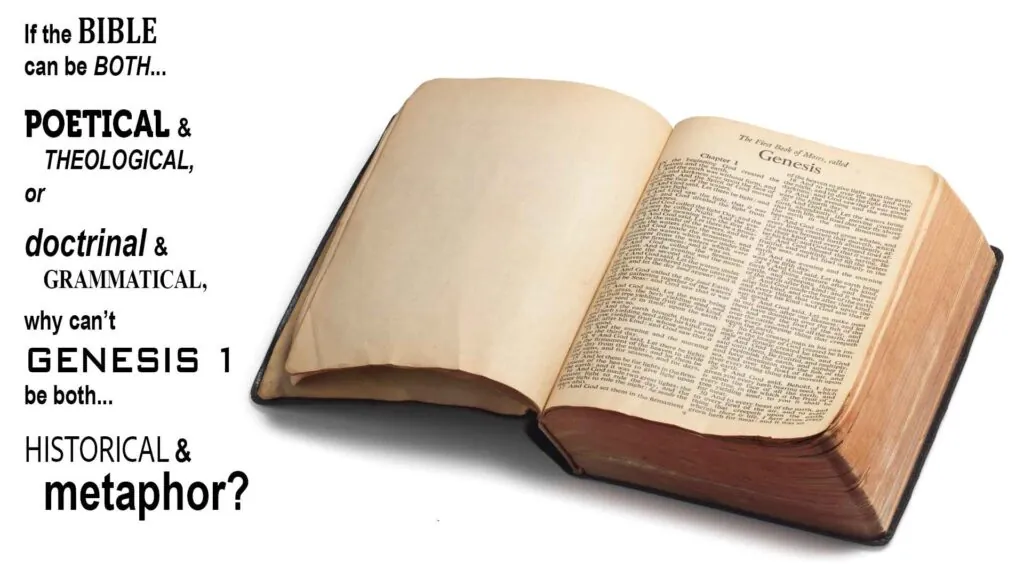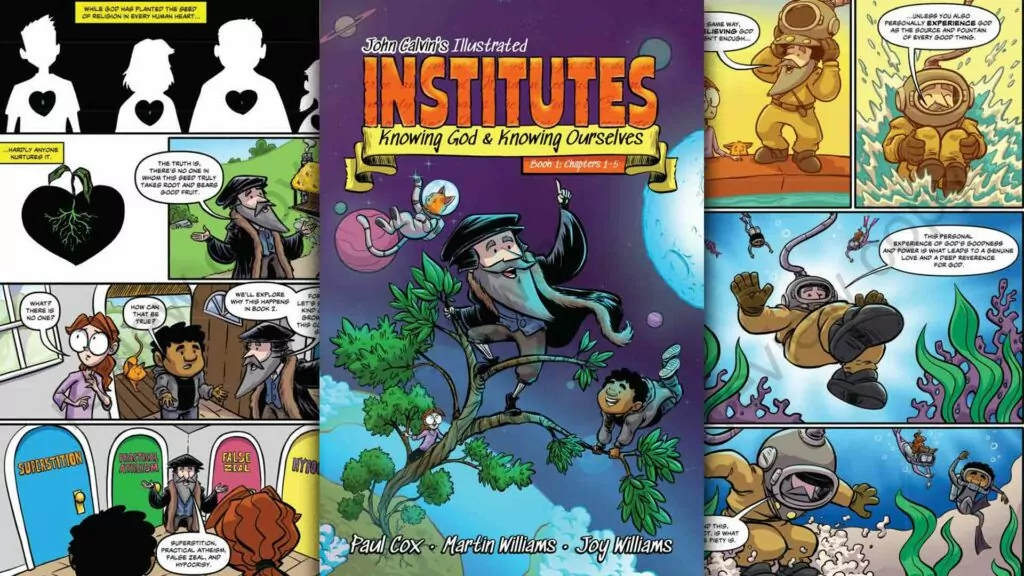Ontario premier Doug Ford recently remarked that “like down in the U.S., we should have the castle law” in response to a recent attempted theft of his car. He was also responding to the recent arrest of a someone for firing his gun in the air to scare off thieves.
A castle law allows people to use force – even deadly force – to defend their property. The concept originated with two enormously influential Englishmen from the 17th century. Jurist Sir Edward Coke stated that “a man’s house is his castle” (Institutes of the Laws of England). Political philosopher John Locke viewed property as an extension of the human person and thus also concluded that it is “lawful for a man to kill a thief, who has not in the least hurt him nor declared any design upon his life” (Two Treatises of Government).
But the Bible doesn’t go quite so far. Exodus 22:2-3 (NIV) says,
“if a thief is caught breaking in at night and is struck a fatal blow, the defender is not guilty of bloodshed; but if it happens after sunrise, the defender is guilty of bloodshed.”
The logic of this command is fairly straightforward. In biblical times, there were no electric lights and even candles were few and far between. And so, if someone broke into your house in the middle of the night, it would be very difficult to identify the intruder, discern his intentions, and respond with appropriate force. Under these circumstances, if the homeowner happened to kill the intruder, he would not be guilty of murder.
But that did not hold true if the attempted robbery happened in broad daylight. Under these conditions, it would be easy to identify the robber, see what he is doing, and then respond appropriately. If the homeowner killed this thief in broad daylight, he would be guilty of murder.
Applying the principles of this passage today means that no Christian has the right to kill another person simply to defend his property by day. While he might be able to use lethal force at night, the modern conveniences of electricity mean that we have the ability to effectively make the night as bright as day within our homes. If you hear a noise in your living room in the middle of the night and you go downstairs, flick on the lights, and see a burglar there taking off with your stereo, you wouldn’t have the right to use deadly force.
And just to sum up, it is worth noting that Scripture (Romans 13:4) and our confessions (Belgic Confession, Article 36) recognize that power over life and death – the sword in days of old and the gun in the modern day – to punish or prevent wrongdoing is given primarily to governments rather than private citizens. Just as we don’t want the government to overstep its authority, private citizens should be careful not to take the law into their own hands either.












